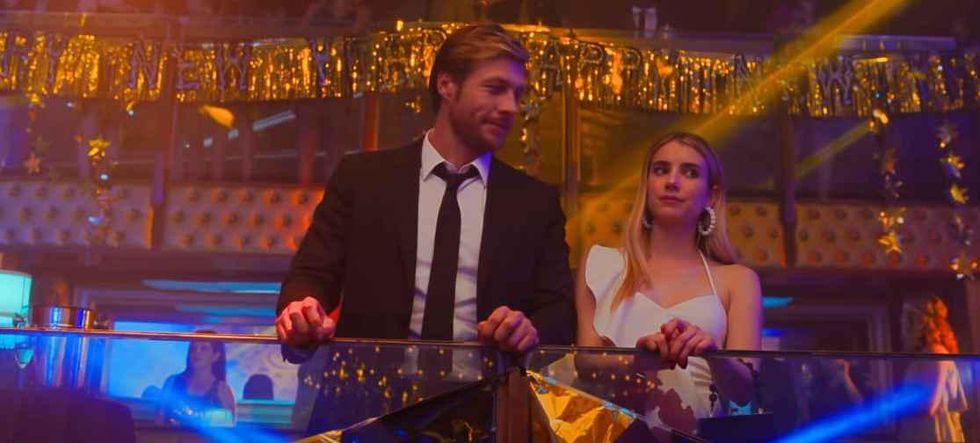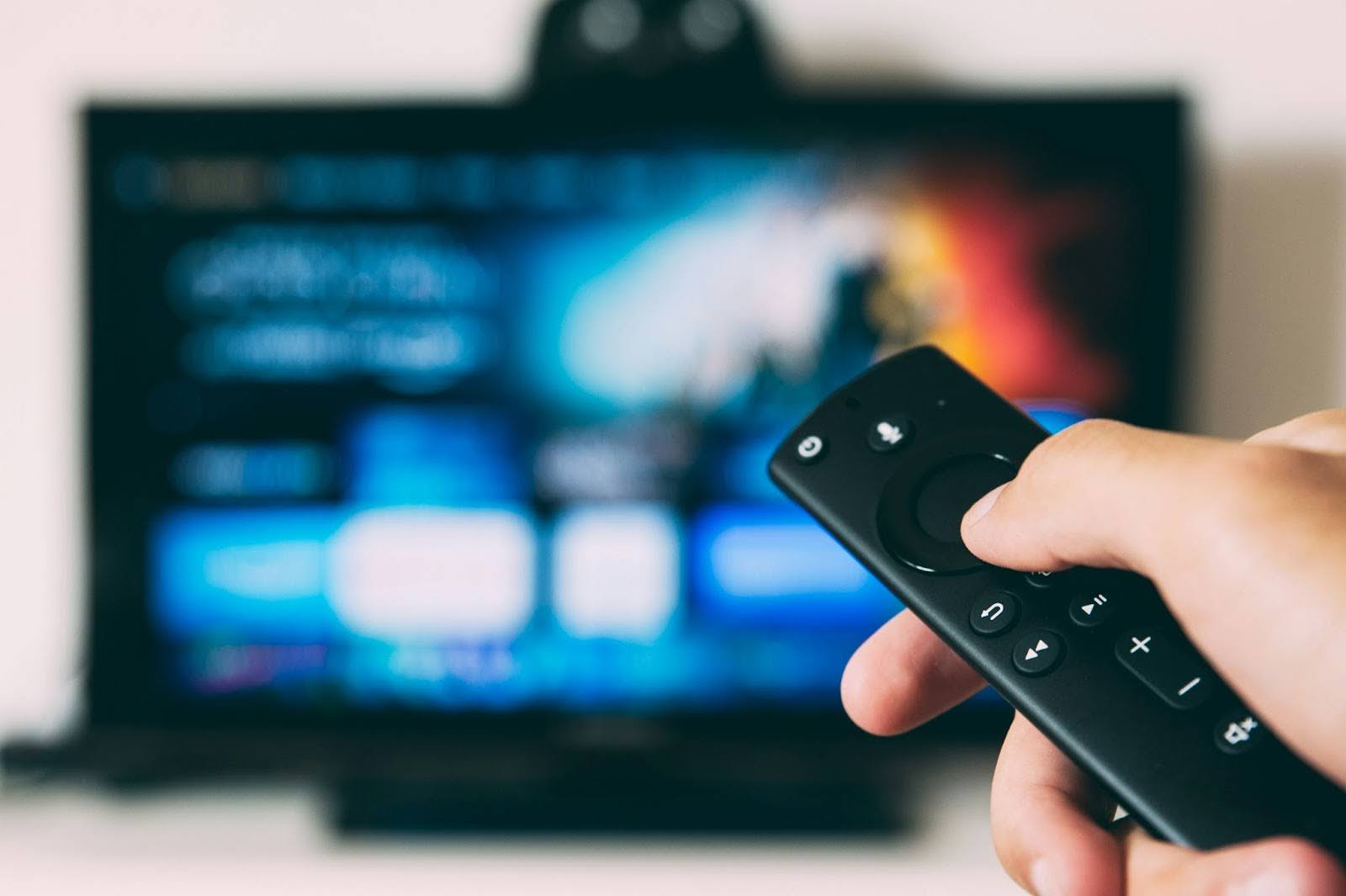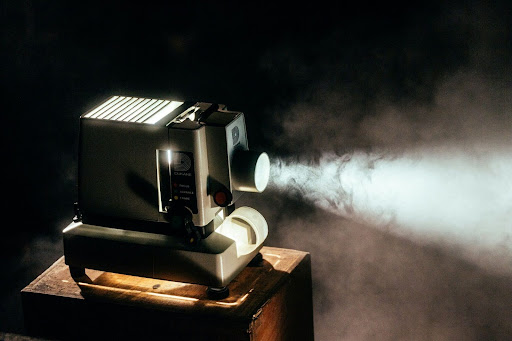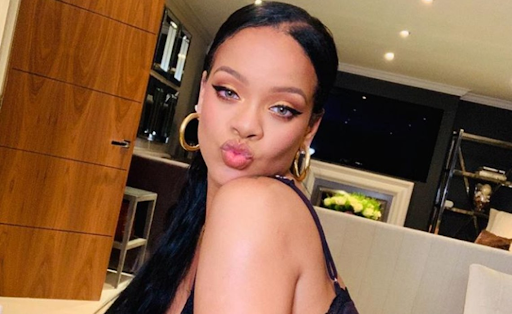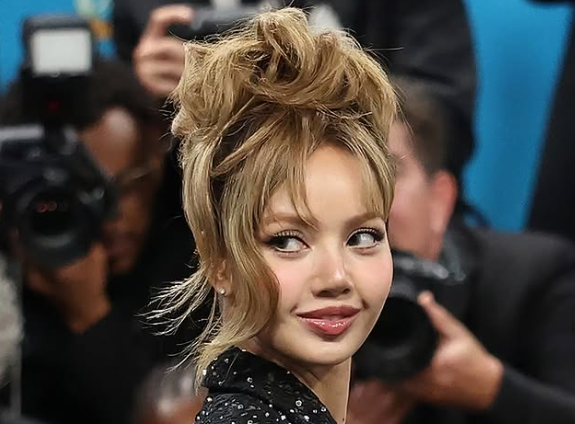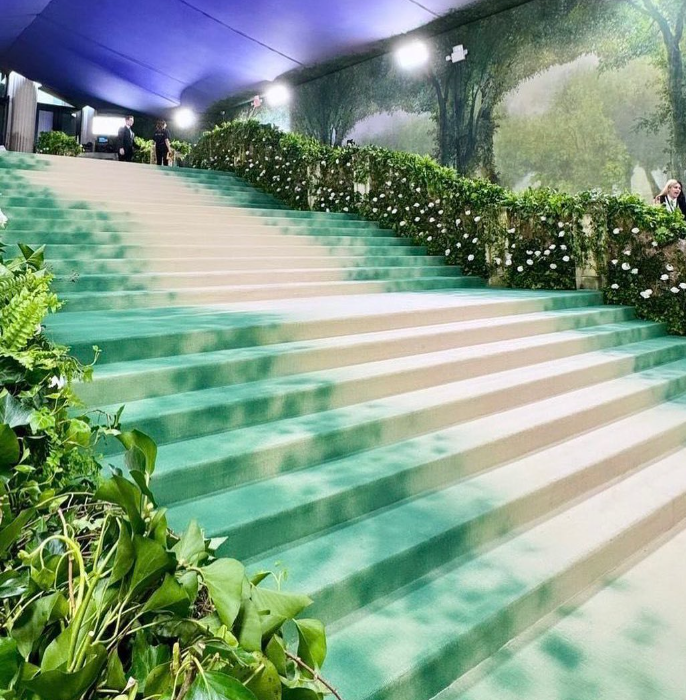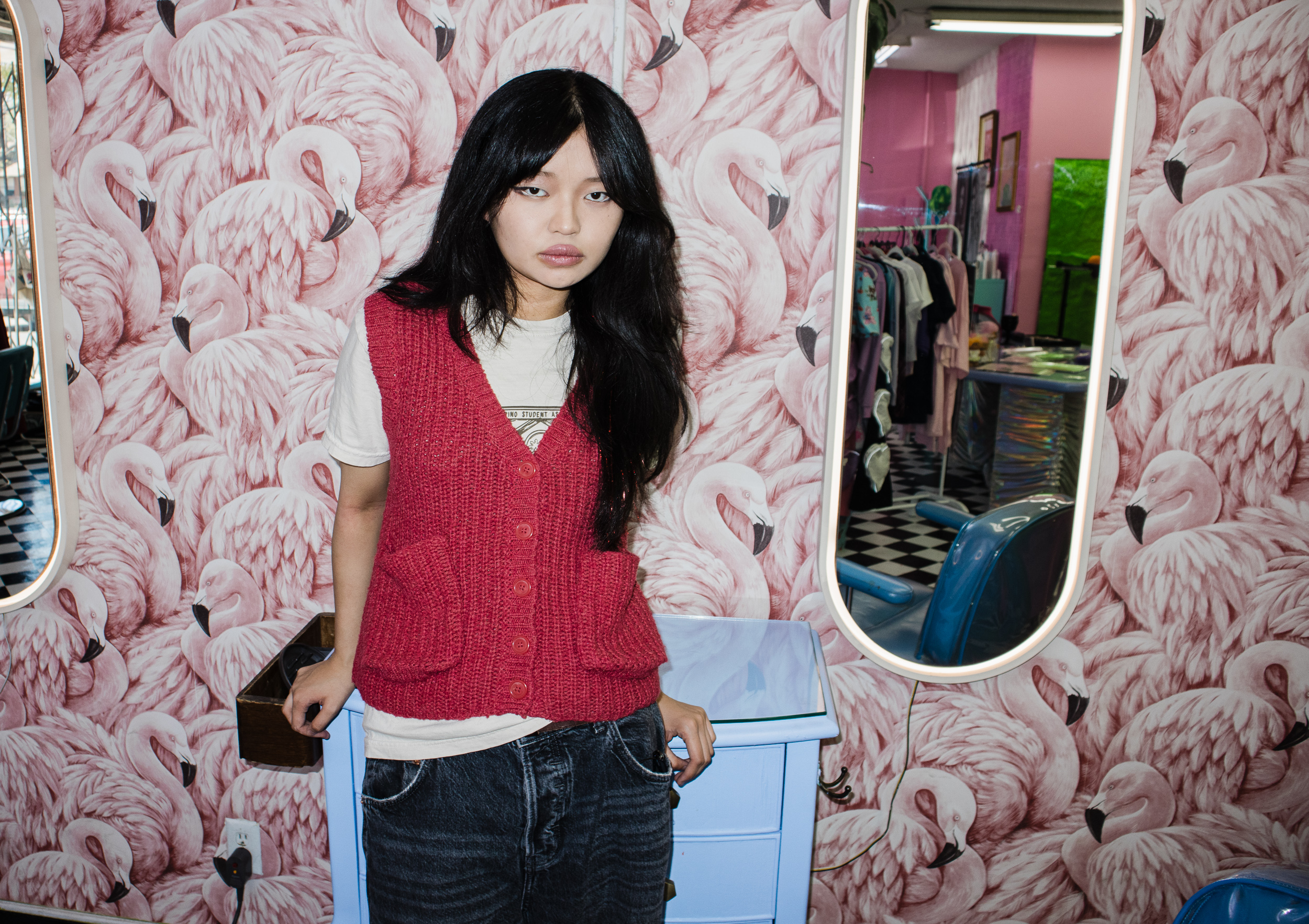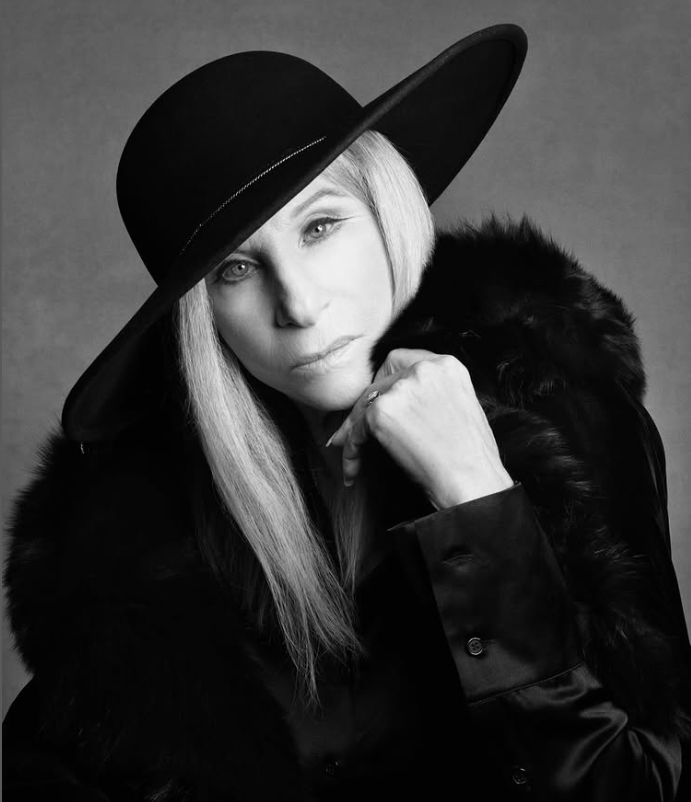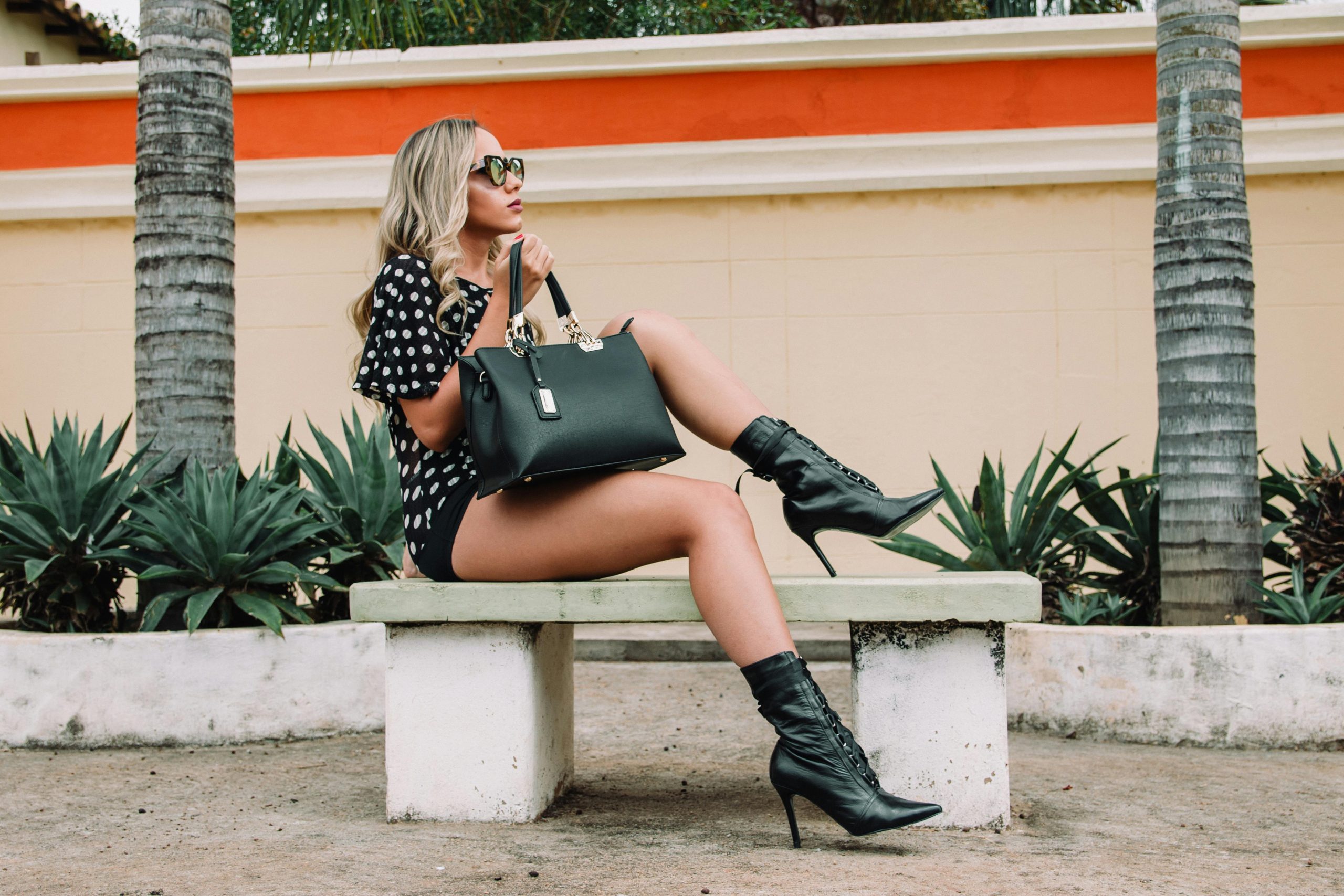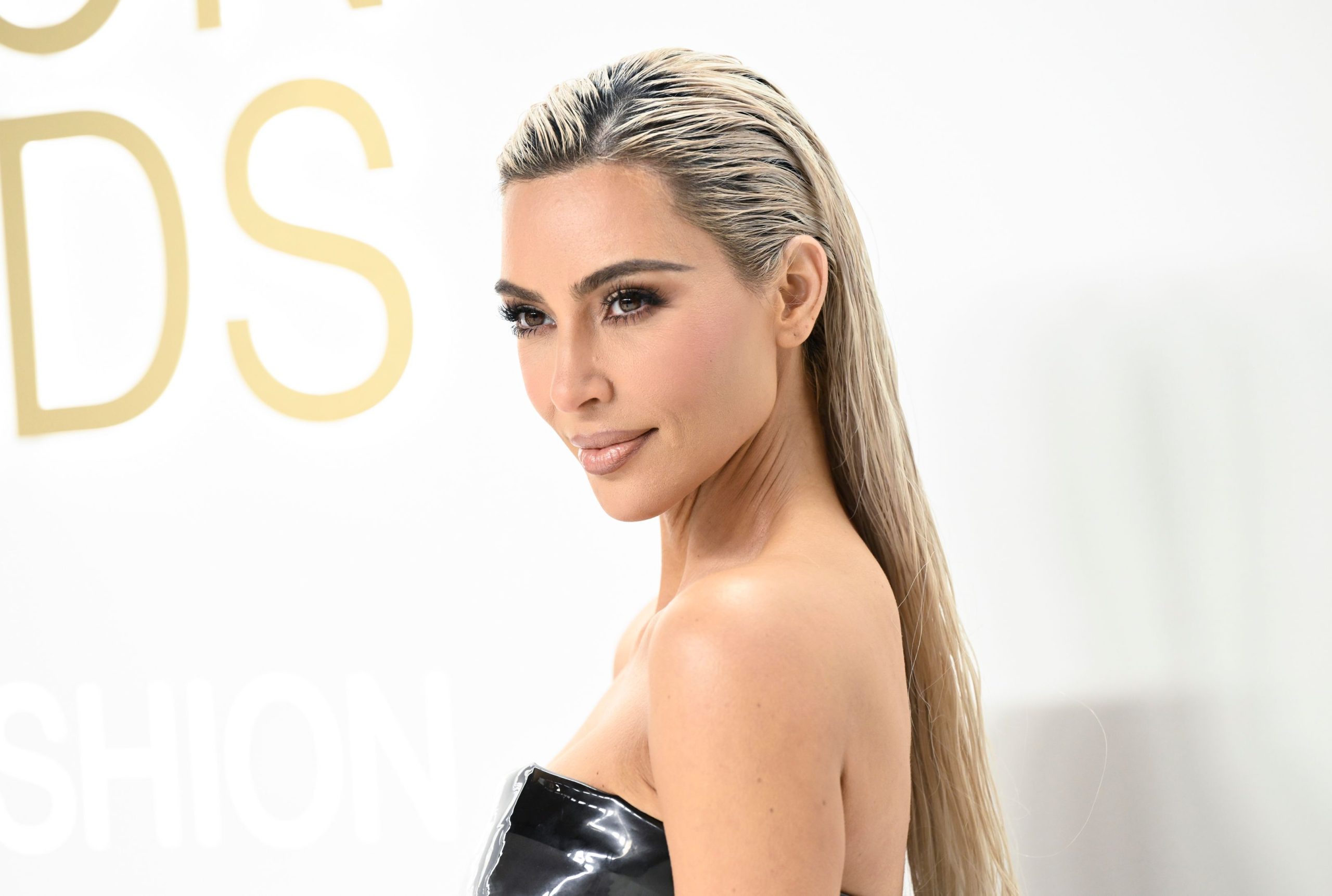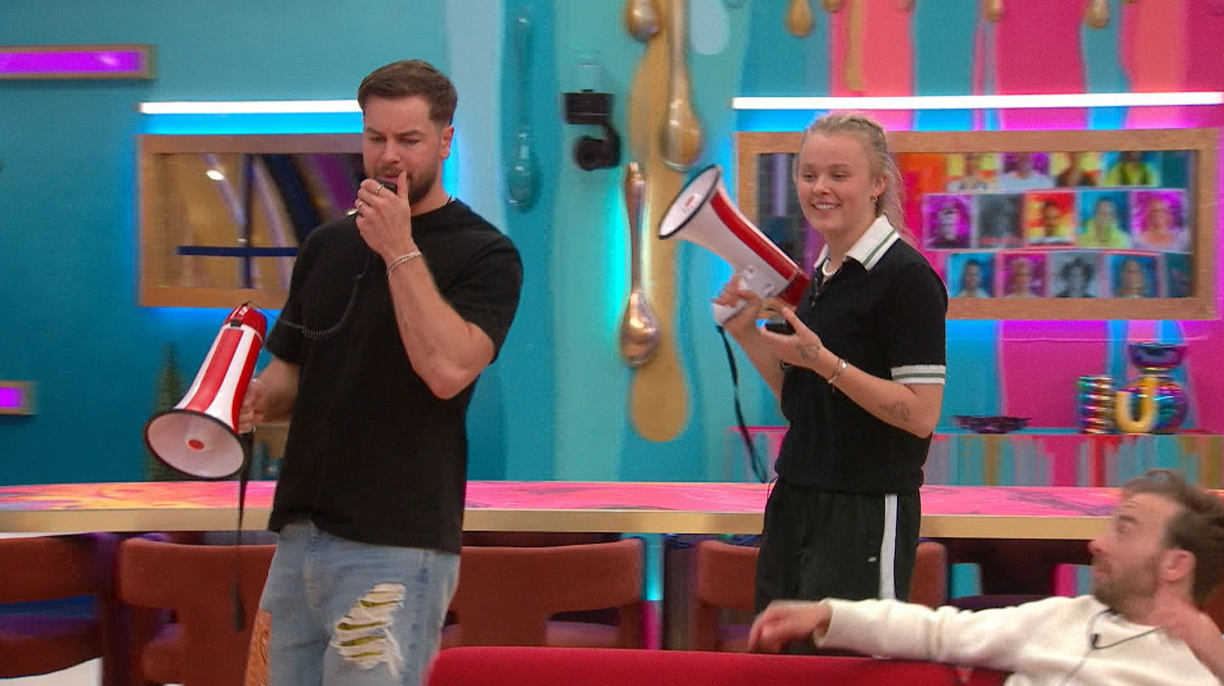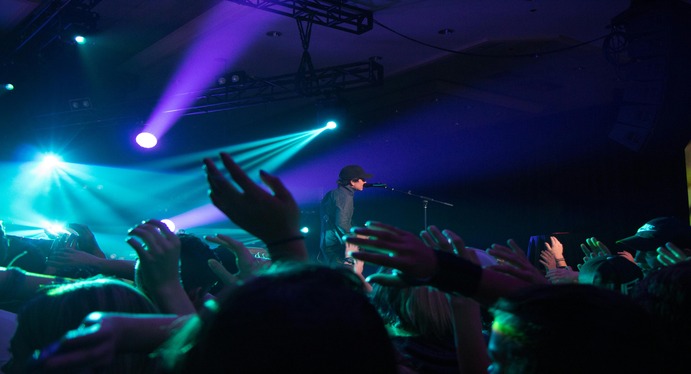
On or around March 2020, human character changed … or whatever Virginia Woolf said.
In the middle of March, COVID in the US went from an abstract concept to an immediate reality which people reacted to in varying degrees — I won’t go into details; you were there. For most of us, there was some kind of lockdown period and still are some restrictions.
Most of us had a lot of free time to fill, and most of us spent those hours looking at screens.
At the beginning, when we thought we’d be in quarantine for a couple of weeks and then return to our real normal lives, there seemed to be two competing philosophies: hyper productivity or extreme rest.
LLC Twitter and friends were intent on keeping the capitalist wheel turning, reminding us that Uber and Airbnb were started in the last recession and if we all didn’t come out of lockdown with an app and a business plan or the Great American Novel, it was a waste.
The other side of the internet was like, no. When else would we get this short chance to rest?
As these camps battled it out, Tiger King came out and made the choice for us. Suddenly we were all ensnared by the same strange spectacle. Suddenly we were all seduced, more than we already were, by the dregs of Netflix and Hulu and everything but Quibi.
The mini-series did what it was supposed to do — exposed a strange, seedy underbelly in the world of big cat owning — but then it went on to do so much more. Too much.
Suddenly we created a cult identification with the show and its characters, deeply immersed in their dramas, and overall proving our willingness not just to subject ourselves to spectacle, but to commit to it completely.
I firmly believe that Tiger King was the quarantine cultural reset. Everything was hopeful before, and every morning after, we woke up and chose chaos.
And while Tiger King was not the first piece of bad, yet popular, content we watched in 2020, it’s still the most successful Netflix Original of 2020. I’m convinced that it signaled a shift, a trend in which we would watch what other people were watching (pretty much whatever came out), because why not?
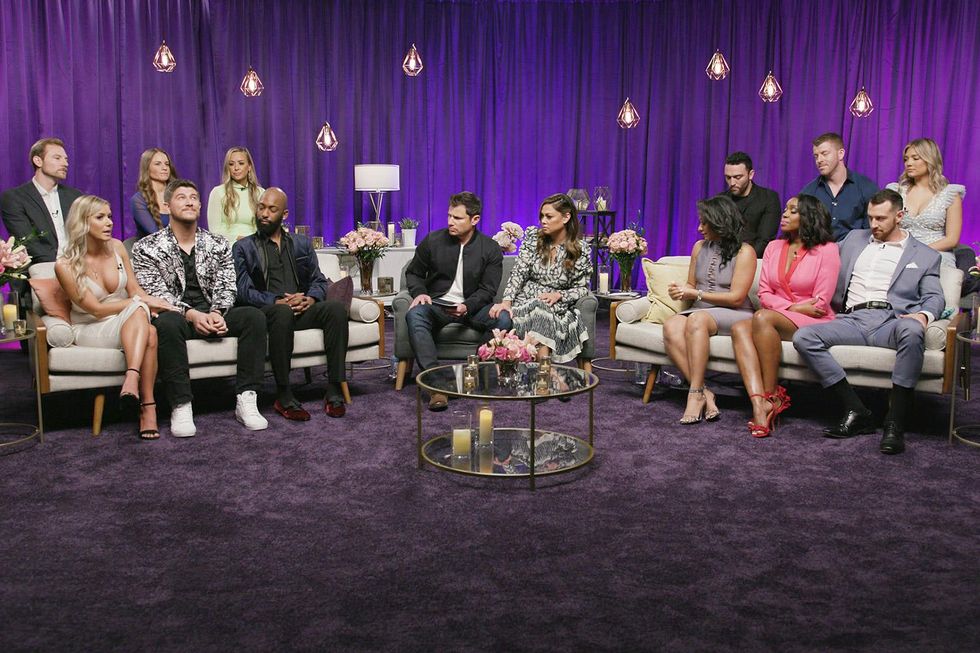
Exhibit A: Reality TV (Love Is Blind, 90 Day Fiance, Too Hot To Handle, and So Much More)
2020 moralized the guilty pleasure of loving reality TV.
Before, it was a secret shame, or one which came with much justification. In a post-Tiger King world, there was no shame in holding trashy television close.
Suddenly, we all deserved a break and entertainment we didn’t have to think too hard about. Suddenly, it was widely accepted comfort food and everyone we know was posting screen grabs of 90 Day Fiance to their stories and applying for the next season of Love Is Blind.
Still, not all reality TV was created equal. I still will not give a minute of my viewing energy to the Kardashians and will not be tuning into the newly announced reality show starring those TikTok girls. There was also a stark contrast between the surprising wholesomeness of Love Is Blind versus the simple but forgettable pleasure of Too Hot to Handle.
But reality TV is not going anywhere, it seems, especially after a year where the vicarious thrills of other people’s drama served as a substitute for our own.
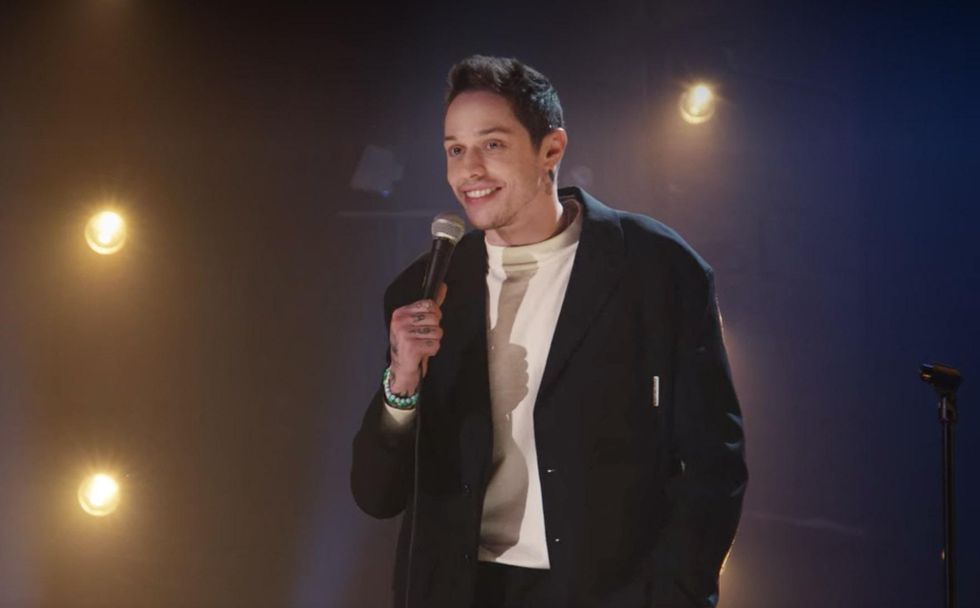
Exhibit B: Pete Davidson’s Alive From New York & King of Staten Island
To be fair, before there was COVID, there was Pete Davidson’s Netflix special, Alive From New York.
To expunge my soul before the New Year, I’ll admit: I do enjoy Pete Davidson. His brief appearances on SNL garner the few chuckles that show earns from me, and his summer of Big Dick Energy brought me endless amusement and outfit inspiration, so yes I tuned into the special.
And yes, it was bad.
Though Davidson is a seasoned stand up comic whose sets have been long polished in New York City stand up clubs, Alive from New York would predict what would become the trend of 2020 — a study in spectacle.
It wasn’t the kind of special you’d enjoy if you had any affinity for comedy; it was just the kind of thing you’d be loosely interested in if you were loosely interested in Pete Davidson.
But the difference was that in February people still had things to do. So the one good joke from the hour-long special found its way onto Twitter, and we were free.
But then, in the summer, Davidson released his counterfactual, semi-autobiographical film with Judd Appatow, The King of Staten Island. The premise was simple: What would Pete Davidson’s life look like if he wasn’t a comedian?
The answer: pretty much the same with less famous girlfriends. And we wouldn’t care.
However, the cocktail of COVID-induced cabin fever, morbid curiosity, and a desperate longing for summer in New York – so strong that I was willing to consider Staten Island as actually part of New York – meant I did spend the money, I did watch the film, and I did immediately want my money back.
Pete Davidson is not an actor, it seems. And his life in Staten Island is funnier on guest appearances on SNL‘s “Weekend Update” segment. But not having to walk to the theatre convinced me to subject myself to a viewing experience I knew I would not enjoy.
And yet all year we all kept doing it.
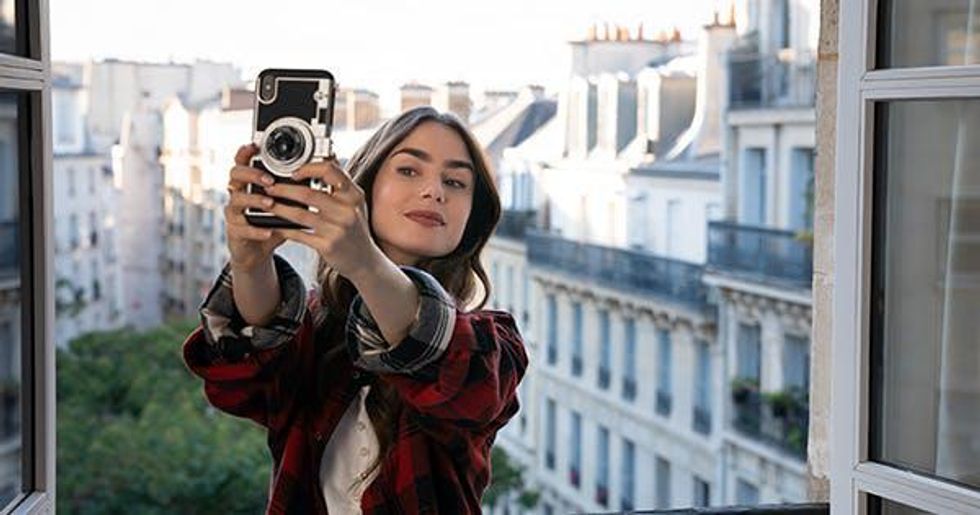
Exhibit C: Emily in Paris
Was there more quintessential bad TV than Emily in Paris?
Yes, we knew from the first half of the first episode that what we were about to endure were the insufferable wide-eyed misadventures of American exceptionalism abroad. But oh, to be abroad, oh, to be anywhere but home!
Despite the blatant unreality of the show — Emily’s incompetence? Her inexplicable social media engagement? That someone working in fashion would dress like that? — it did big numbers.
The life and love of a quirky brunette was a familiar, simple pleasure in the midst of a hellish year. The devil we knew, so to speak.
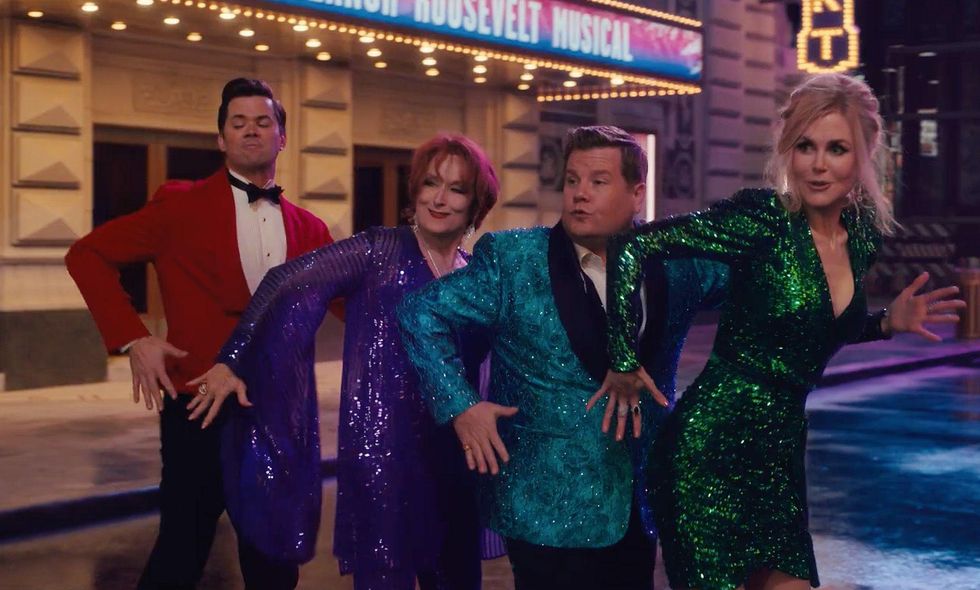
Exhibit D: Ryan Murphy, Ryan Murphy, More Ryan Murphy … Oh my!
Another familiar devil is the production juggernaut that Ryan Murphy has become.
Of all years, it makes sense that 2020 emboldened him to release everything he’s ever thought up, it seems.
Ratched, Pose and The Boys in the Band were the more redeeming efforts in a bloated lineup, but it wasn’t all good. From The Politician‘s nonsensical second season in which an election is rigged (touchy subject matter now) and no one suffers any consequences to Hollywood‘s simplistic ad self-indulgent take on representation and the empty fluff that was Prom, Ryan Murphy had no shortage of ideas, but a shortage of good ones.
Yet, the time for nuance was spent dissecting the election, the pandemic response, and the persistence of racism in America, so Ryan Murphy’s dream worlds in which art and representation can save the world was an indulgence in a fantasy. At t least it was a good dream.
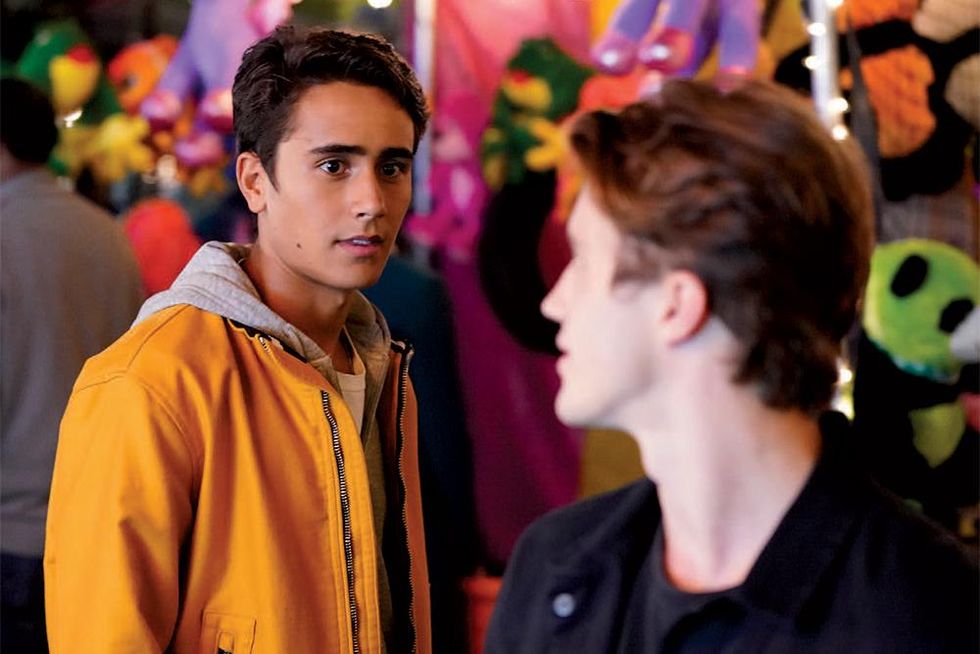
Exhibit E: High School Romances: After We Collided; Love, Victor; The Kissing Booth 2
Knowing what it’s like to get lost in fantasy, no matter how idealistic, I am a sucker for a good romantic comedy. Good romantic comedies, however, were lacking.
High school movies were especially egregious, with sequels coming out for the big franchise high school romances based on dubious books.
The only tolerable iteration of this genre was the charming To All The Boys I’ve Loved Before: P.S I Still Love You, whose cast is admittedly likable and boasts the benefit of a cogent plot by an actual author. After We Collided, a Harry Styles fanfiction, and The Kissing Booth 2, a Wattpad extract, cannot say the same.
I yearn for the days when high school romances were 10 Things I Hate About You and Clueless, but instead we are stuck with barely tangible plots, toxic stock characters, and predictable yet nonsensical formulas. Give me Heath Ledger singing The Carpenters over a loudspeaker and tagging alongside a young Joseph Gordon Levitt. Give me the era when Gabrielle Union was somehow in everything. Not The Kissing Booth, in which the emotional climax occurs at a Dance Dance Revolution competition.
Queer romances did not fare much better. Love, Victor had the opportunity to remedy the qualms had by fans of Love, Simon, but it blanched to a shade of equally beige. Similarly, Prom felt pretentious and trite hiding behind a stacked cast, another outdated story based on a play that was maybe revolutionary in its time but failed to say something new to the current moment.
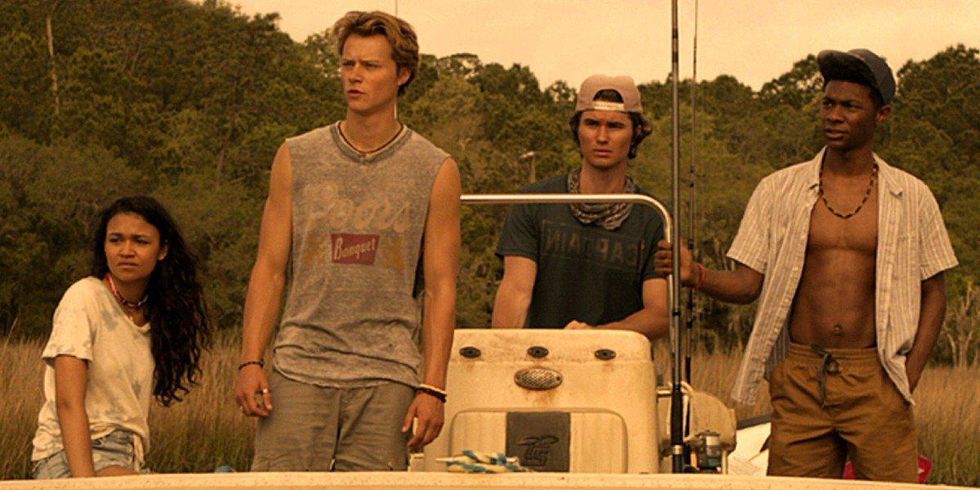
Exhibit F: Outer Banks
Another cult-like high school saga was Outer Banks, a TV show about disaffected teens in North Carolina looking for treasure.
While the show could have said something interesting about the class divide on the Carolina beach island, it chose instead to use the social hierarchy to play out a cringey Romeo and Juliet meets reverse-Pretty Woman scenario alongside the hunt for treasure.
Beyond this glaring problematic element, the show just was not good. The pacing was inconsistent, the least interesting characters were foregrounded, and the social issues were glossed over as teen rivalry.
Yet, thanks to a TikTok famous scene and an aspirationally attractive cast, it held firm in the Netflix top 10 for weeks and secured a second season, while more thoughtful teen shows like Grand Army are still in wait.
Exhibit G: Holidate
The end of the year really cemented studio willingness to feed us anything… literally anything. While holiday movies are notoriously overwrought and cheesy, Holidate was prompted as a more edgy version than its Hallmark counterparts considering its raunchier humor and cynical protagonist.
Yet, all it seemed to be was another movie in which women really can’t be happy unless they’re in a relationship, no matter what they claim, featuring yet another sad single girl who claims to be satisfied with her life while secretly bitter about her lack of love.
Its purported comedic elements fell between trite and slapstick with no reward. Emily Roberts again finds herself playing a white woman who thinks she’s edgy because she says the word “tits” and isn’t married yet, though she wants so badly to be.
I would have been better off watching The Princess Switch 2 … but instead I watched both to equal disappointment.
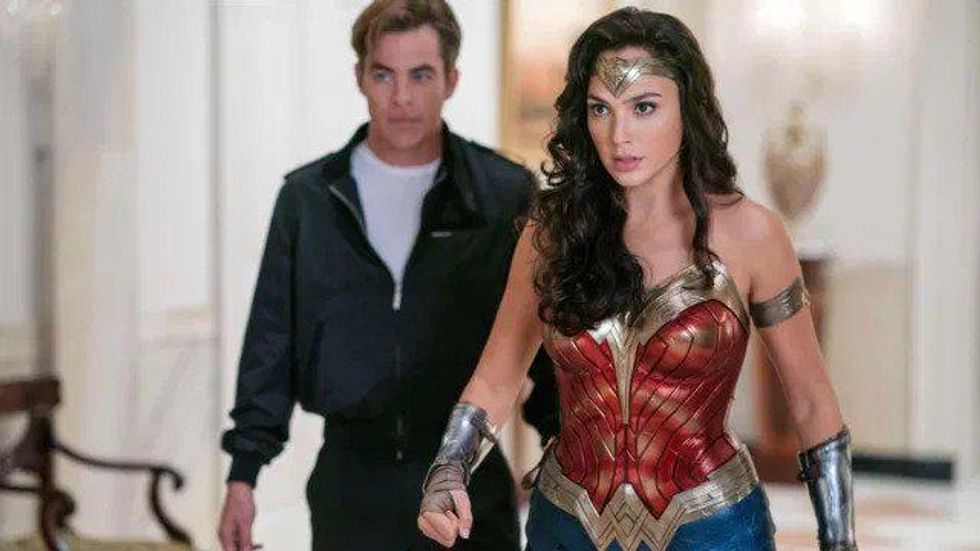
Exhibit H: WW84
The real Christmas tragedy was Wonder Woman 1984.
Gal Gadot was on thin ice. Her dubious politics combined with that “Imagine” video, and she was not my favorite, yet the first Wonder Woman was enjoyable enough *and I love to watch Chris Pine simp for a girl) so I tuned in – and promptly wished I hadn’t.
With studios finally caving and making deals with streaming sites to release titles previously slated for cinematic release, one would think we’d finally be back to the good stuff. But we’re not.
WW84 proved that we’ll still watch anything, whether it be a docu-series about pet tigers or a high-budget action film with the most ridiculous plot.
In 2021, I wish better for us. Higher standards and better cinema is possible, yet I know I’ll just watch whatever is on the Netflix Top 10 list, no matter what actual reviews it gets.
Bridgerton is already next in the queue.

